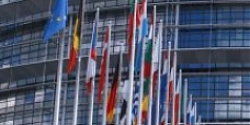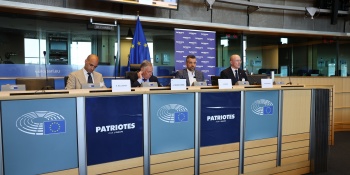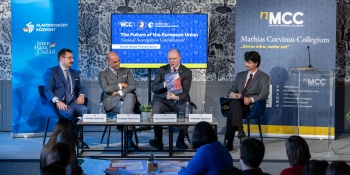Published: 26.11.2016

The vote was 19 in favour, 14 against. The text was slightly modified prior to the vote but still remains critical with regard to the role of parents as the first and primary educators of their children as the report promotes sexual education inspired by a radical agenda including “early childhood masturbation”.
During the short time for remarks that preceded the vote in the Committee it appeared that a legal opinion on the procedure regarding the report had been presented by the European Parliament’s legal service. Through the different comments expressed it became clear that this legal opinion did not indicate clearly how the procedure should be conducted with regard to the vote. Due to the lack of clarity several MEP requested a vote on the postponement of the vote on the report. The result of that vote was very similar to the vote on the report itself, namely 15 in favour of a postponement, 18 against.
The legislative process of the European Parliament is clear in this situation: In case of a referral back to committee, a report or proposal must be fundamentally reconsidered.
The report still remains very critical and conveys a vision which is not that of mothers and fathers in Europe regarding the sexuality of their children. The vision that inspires this report is nothing else than the radical agenda of lobby groups such as the International Planned Parenthood Federation whose Europe director claimed in public having already contributed to the draft report on the very same afternoon it was made public to the members of the FEMM Committee. IPPF cooperates with the World Health Organisation that published the guidelines for sexual education which were the only reference of the Estrela report in terms of contents of sexual education, i.e. this reference was voted down this morning. Although it is no longer present in the text what lies behind this vision should be explained.
The next step should now be a vote in the plenary and the report is already present on the draft agenda for the plenary in December.
fafce.org

Wednesday's presentation in Brussels of the European Union reform plan developed by Poland’s Ordo Iuris Institute and Hungary’s Mathias Corvinus Collegium garnered significant interest. Nearly a hundred MEPs and their staff from many countries came to the presentation of this proposal.

• The pressure on the European Union’s southern borders has continued unabated since the great migration crisis of 2015.

• Representatives of Ordo Iuris took part in the second round of consultations ahead of the 58th Session of the UN Commission on Population and Development (CPD58) on global health policy.
